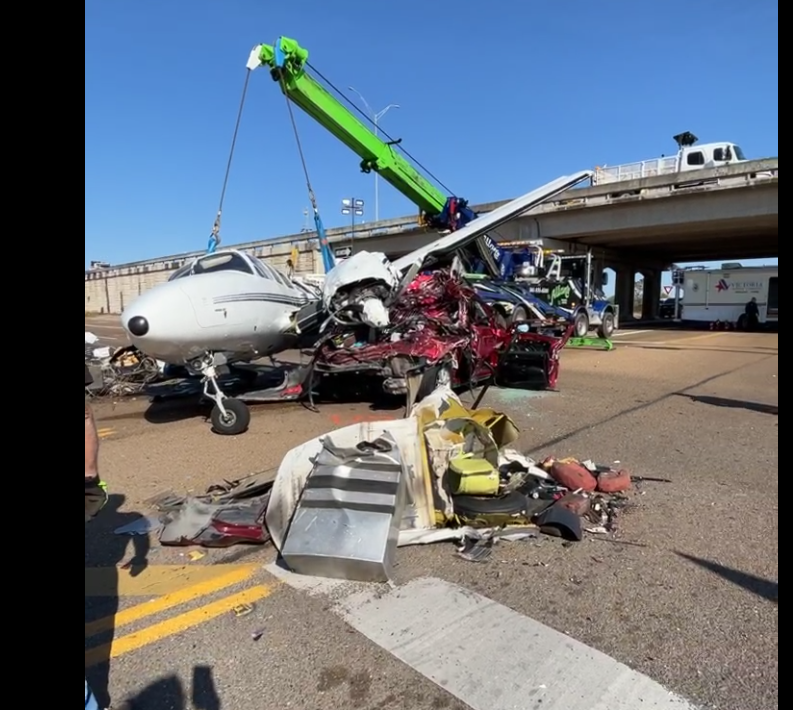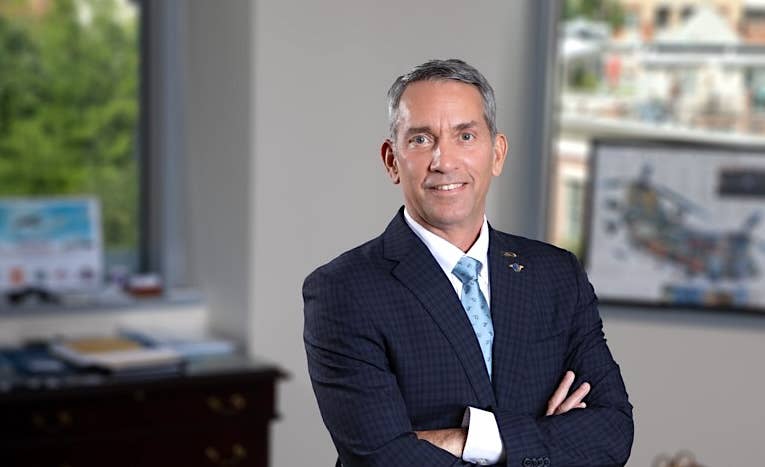Net Jets Adopts Mandatory Retirement At Age 70 For Pilots
NetJets has adopted a mandatory retirement age of 70 for pilots and let go about 100 earlier this month. Business Jet Traveler reported the pilots were terminated Jan. 10. Some…

NetJets has adopted a mandatory retirement age of 70 for pilots and let go about 100 earlier this month. Business Jet Traveler reported the pilots were terminated Jan. 10. Some of those pilots have launched a lawsuit against NetJets trying to overturn the age cap, but Congress gave Part 91K and Part 135 operators the right to set the retirement age in an omnibus bill in December of 2022.
The NetJets Association of Shared Aircraft Pilots (NJASAP) fought the move, but an arbitrator rejected it and a federal court in Texas refused to issue an injunction against NetJets to stop the terminations. “Because the court concludes that the pilots failed to establish that any of their claims is likely to succeed on the merits, and this case does not warrant the exceptionally rare preliminary injunction under the [Railway Labor Act], the court denies the motion for preliminary injunction," Business Jet Traveler reported the court's decision as saying. NetJets was not required to set the retirement age, but it's now permanent.






